Accelerating the Energy Transition With Reneum on Polygon

Given the urgency of the climate crisis, it may come as a surprise that the fossil fuel industry receives about half a trillion dollars a year in government subsidies. The truly shocking part is that renewable energy alternatives get less than a third of that. Reneum is trying to right the imbalance by using blockchain technology to help speed up the energy transition.
Reneum, a green energy platform built on Polygon, issues tokens to solar, wind and small-scale hydro energy projects making them more profitable and in turn incentivizing new development and buildout. Each $RENW is underpinned by a renewable energy credit (RECs), which represents a megawatt hour of green electricity generated. Companies and individuals can buy the tokens and apply them toward offsetting their environmental footprints. The team is launching a marketplace where these interactions can take place.
Upon burning of the $RENW token, buyers are airdropped a verified green NFT receipt called the Eisbaer, that represents their proof-of-impact and gives them the right to participate in their climate change community, which eventually will include DAO governance and new project voting rights. The Eisbaer NFT comes with provenance details including location, vintage, environmental impact, audit data and more. The proceeds, minus a small platform fee, go directly to the projects.
“Think of us kind of like an open-source crowdfunding platform for climate projects owned and operated by its funders offering green participation awards, like cultural artifacts to evidence their contribution and maintain engagement,” Reneum co-founder Brianna Welsh said on a recent episode of Polygon Pod dedicated to the subject.
https://www.youtube.com/watch?v=GbO7oN1sv-0
The idea of using market-based mechanisms and trading to reduce CO2 emissions dates back to the Rio Earth Summit in 1992. Voluntary carbon markets have boomed in recent years as the growing urgency around climate prompted more companies to adopt net zero emissions policies. But even as demand grew, the offsetting process remained complicated, lacking transparency and quality assurance, with most of the trading happening in over-the-counter deals that enriched middlemen.
Read more: Going Green 101: Carbon Markets Demystified
Over the past year, a blockchain-native alternative has emerged that aims to solve those problems. KlimaDAO and its partners Moss, the Toucan Protocol, and C3 have developed the infrastructure to tokenize carbon offsets and make them available on Polygon where they can be integrated with decentralized finance.
The on-chain carbon markets hold out the promise of being fully transparent, allowing for dramatically lower fees and making instant purchases possible. All which can make carbon offsetting equally accessible to a large corporation with a footprint in thousands of tonnes and an individual canceling out the impact of a flight. In just over six months, over 25 million tonnes worth offsets have been tokenized.
Read more: The Business Case for Blockchains Going Green
But the projects have also inherited some of the problems of the traditional carbon markets. One issue is related to the “vintage” (age) of the offsets, and while there is no “consume by” date, some of the older credits are associated with lower-quality projects. The booming demand has also attracted opportunistic actors that bridged credits from a discredited project. More recently, Verra, the industry’s biggest certifier and the source of most of the on-chain credits, announced it will “prohibit the practice of creating instruments or tokens based on retired credits” while it explores other possibilities and launched a public consultation on the subject.
Reneum’s solution to these issues is to source its own RECs in a vertically-integrated platform model. By partnering directly with the producers of renewable energy, they circumvent the limitations associated with bridging off-chain assets on-chain. Carbon credit certification and monitoring is a difficult task because the sources can range from forestry and agriculture to energy efficiency. RECs, on the other hand, represent a unit of energy that is the same whether it comes from a single windmill in China or a mega-solar project in India. These energy flows are also metered as they enter the grid and Reneum is developing an automation function that will certify RECs without need of human intervention.
The team already signed up nearly 100 unique renewables projects, mostly in developing countries where renewable energy penetration is lower or government policies still favor thermal power. Longer term, Reneum plans to in-source transaction history from third-party registries to create an interoperable and unified database for the broader REC market.
Another thing that distinguishes Reneum is that it eschews the DeFi trappings that characterized other on-chain projects in order to make sure as much money as possible goes directly to the projects. There is no yield-farming, staking or any token incentives. The only return is provable social impact and the satisfaction of knowing you did your part, Brianna said.
“This is basically a badge of honor proving your direct action in the green revolution,” she said. “For citizens, It's a social signifier that could be used as a profile picture, for companies it's an identifiable label like putting the fair trade logo on your product, for example.”
Reneum chose to build on Polygon because it’s one of the greenest blockchains out there, Brianna said. Polygon has recently eliminated the network’s carbon debt going back to its inception, offsetting the equivalent of 90,000 tonnes of CO2. The core team has also committed to making the network carbon negative by the end of the year and set aside $20 million for a series of community initiatives, which includes funding projects that can help combat climate change.
“The whole blockchain space is going to be green in the matter of a couple years,” Brianna said. “And Reneum is a transition mechanism to help the market evolve into a fully green economy.”
Learn more about Polygon’s sustainability efforts here and tune into our blog for the latest from our ecosystem.
Website | Twitter | Ecosystem Twitter | Developer Twitter | Studios Twitter | Telegram | Reddit | Discord | Instagram | Facebook | LinkedIn | YouTube



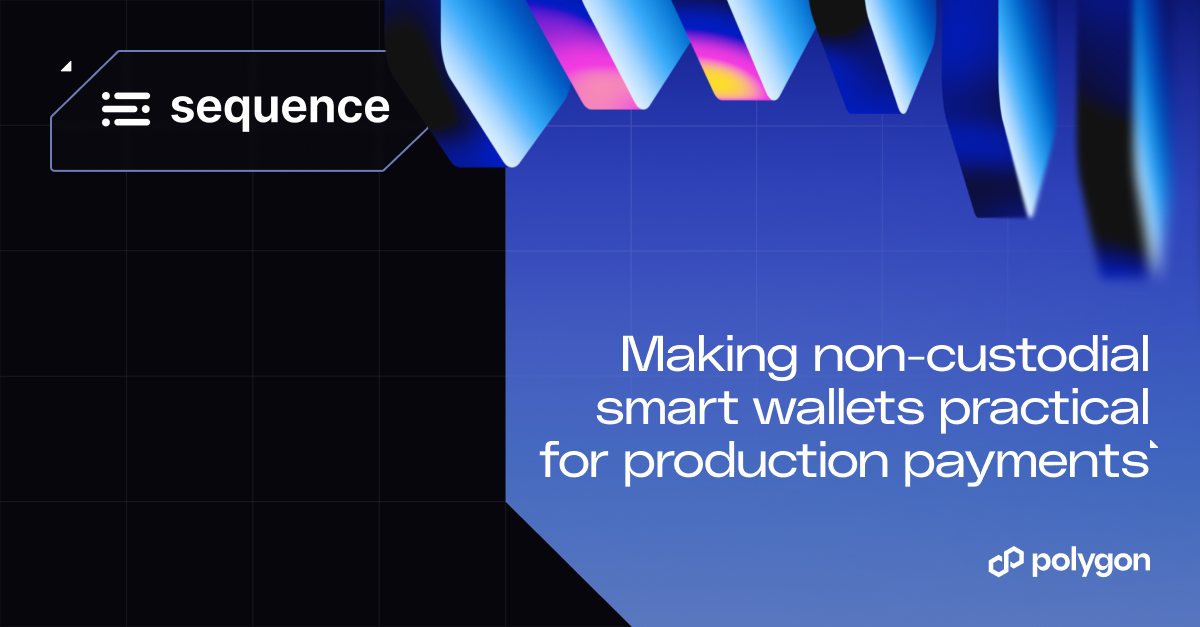


.jpg)
.jpg)
.png)

.png)

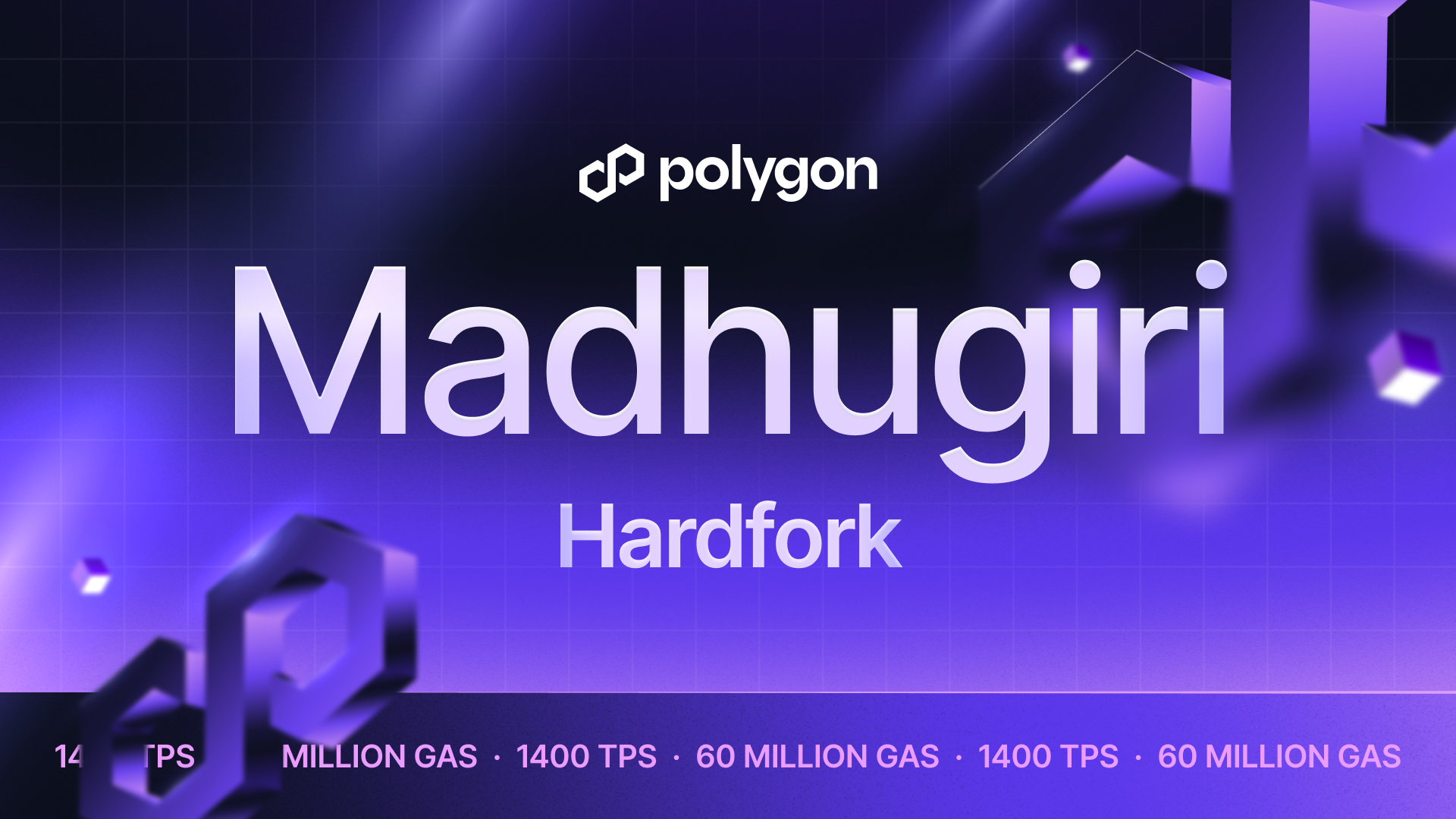
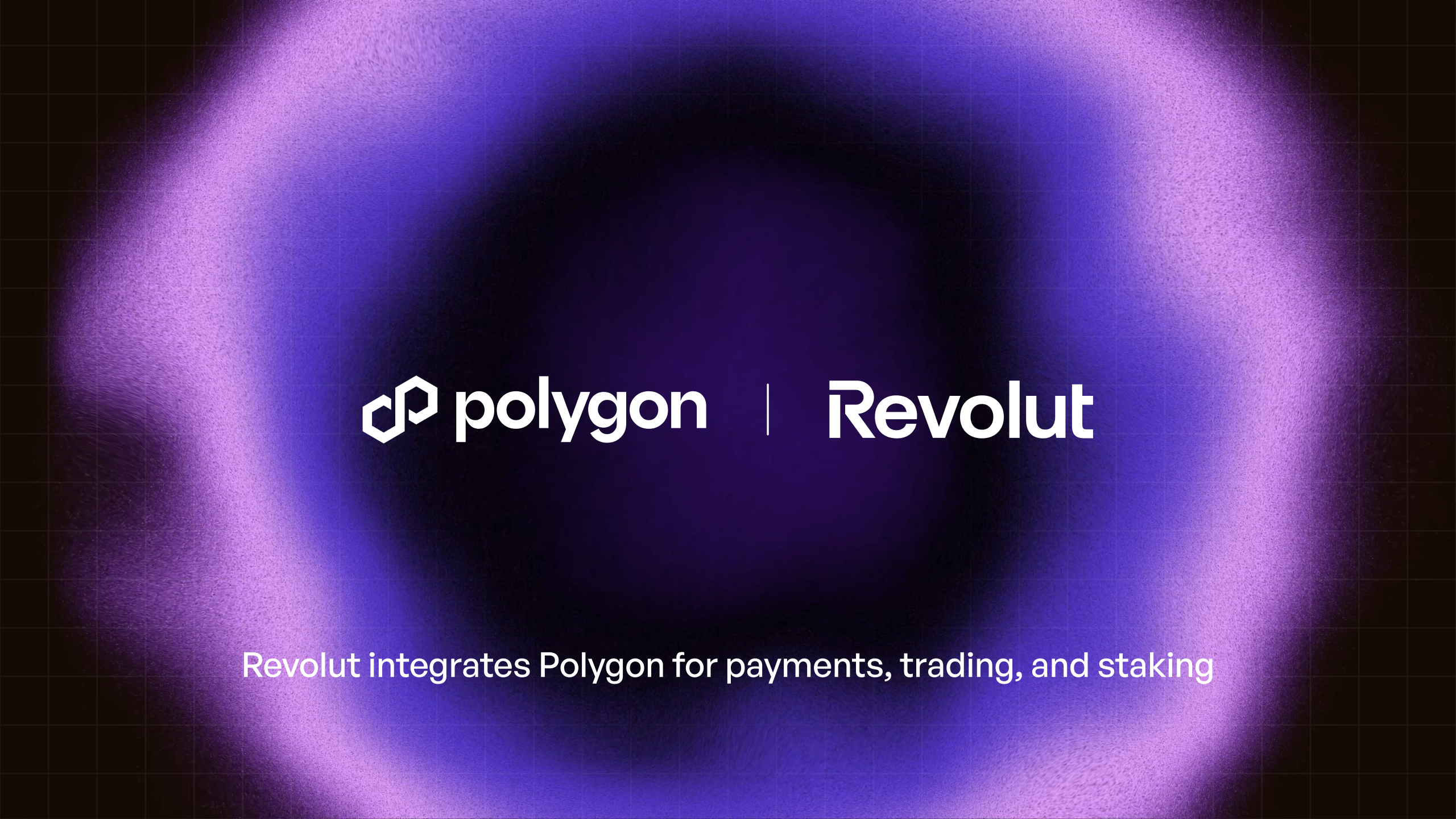
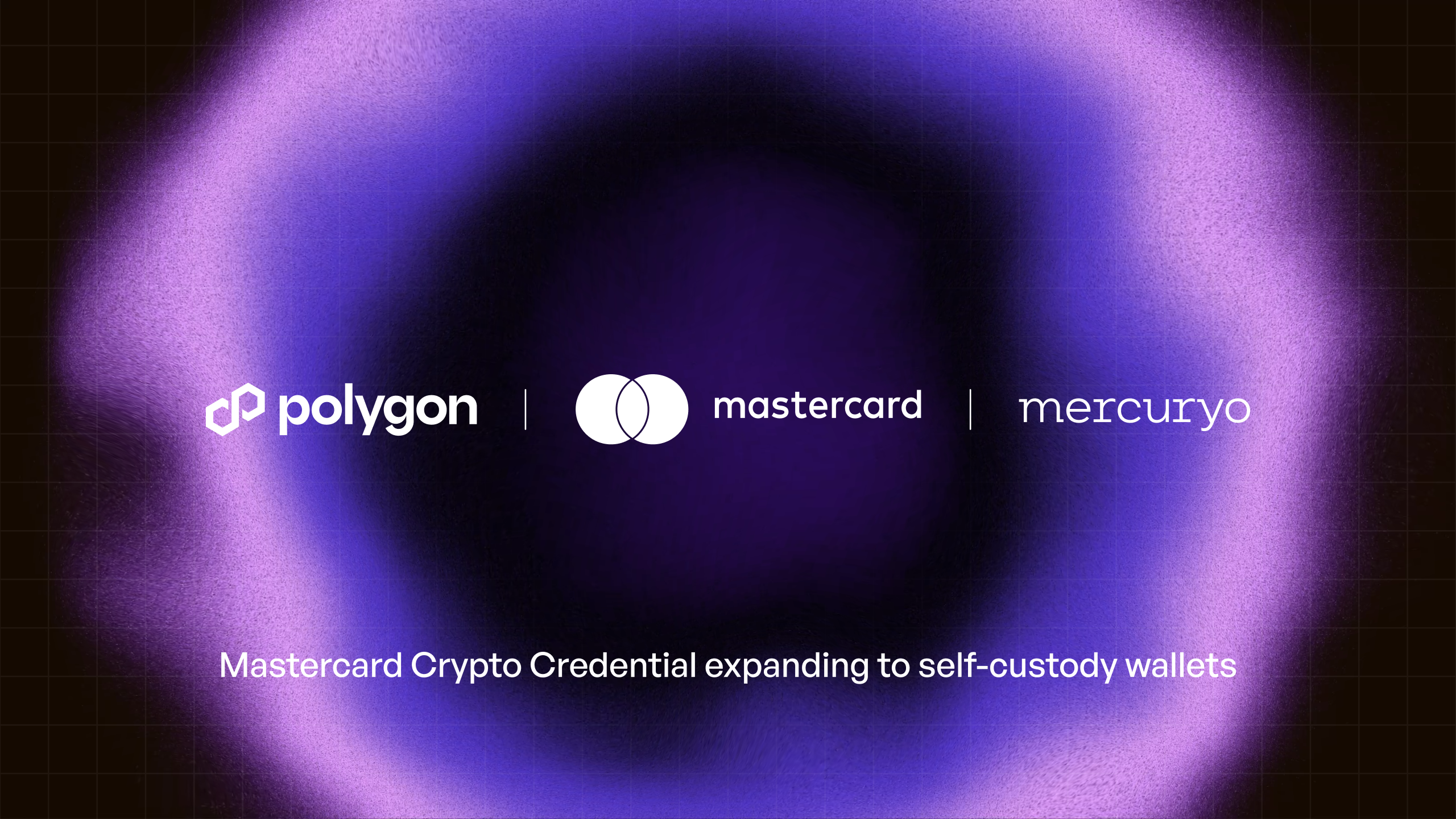
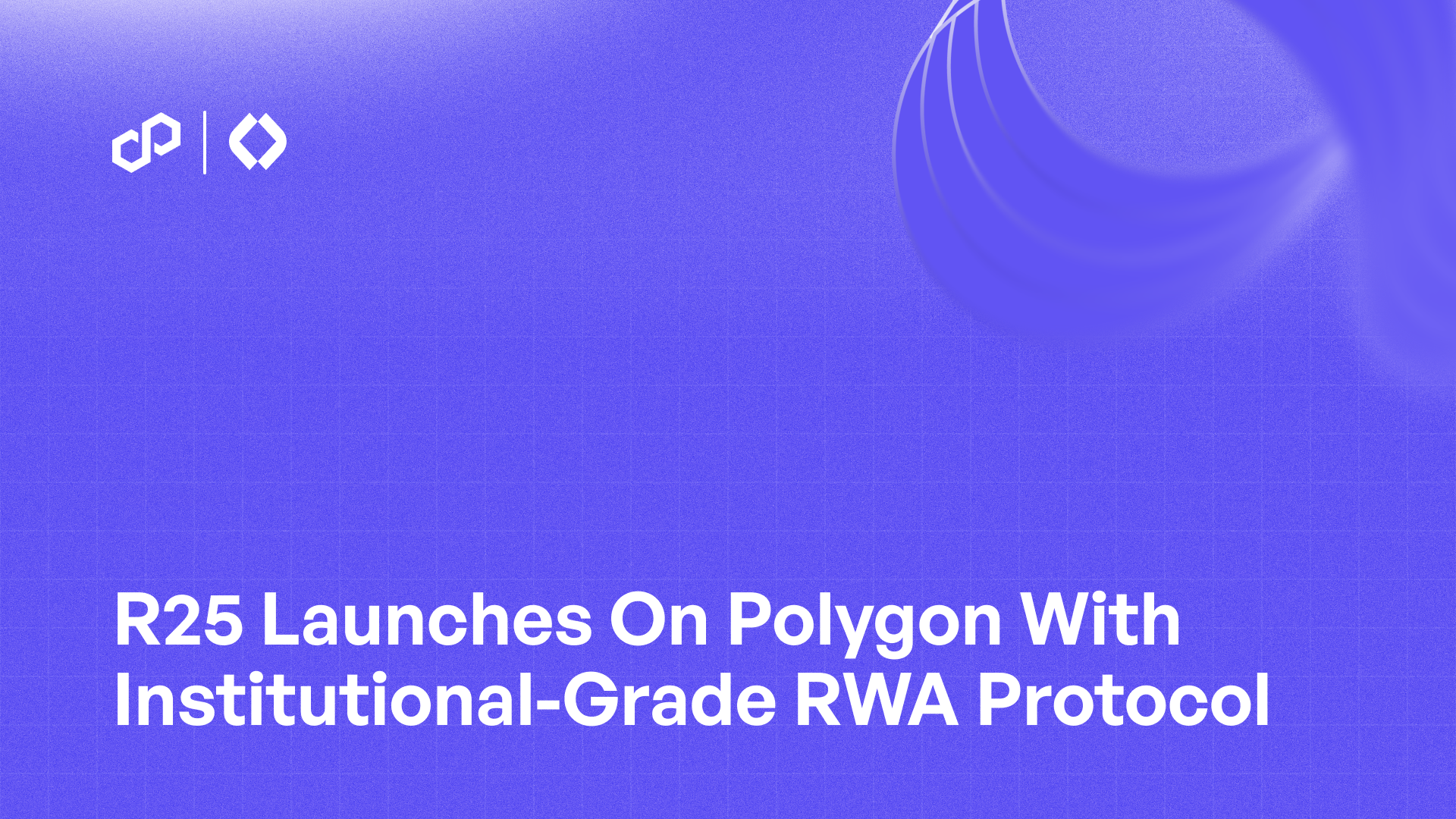
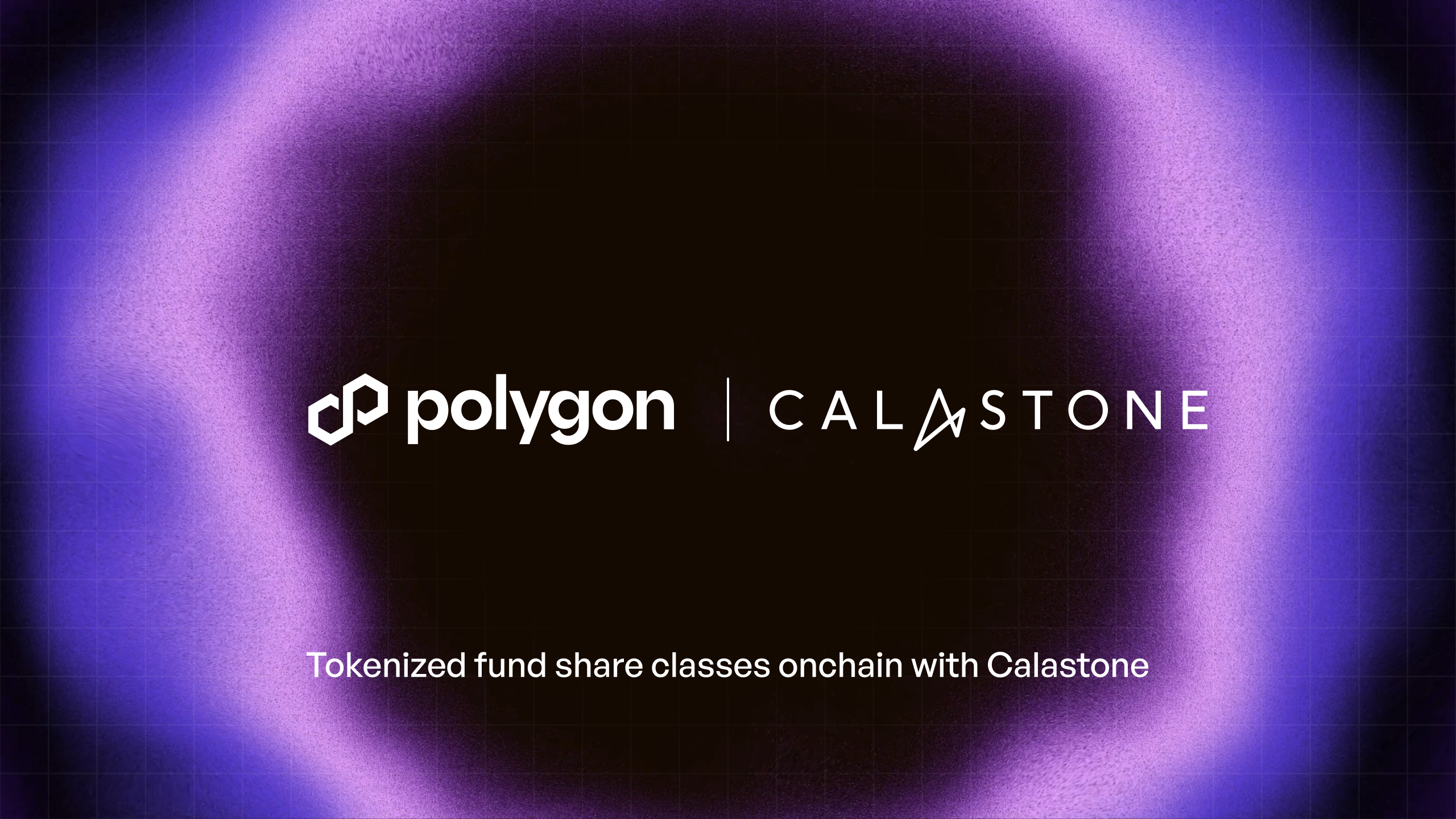
%20(1).png)